
Meet the RAIR team
-
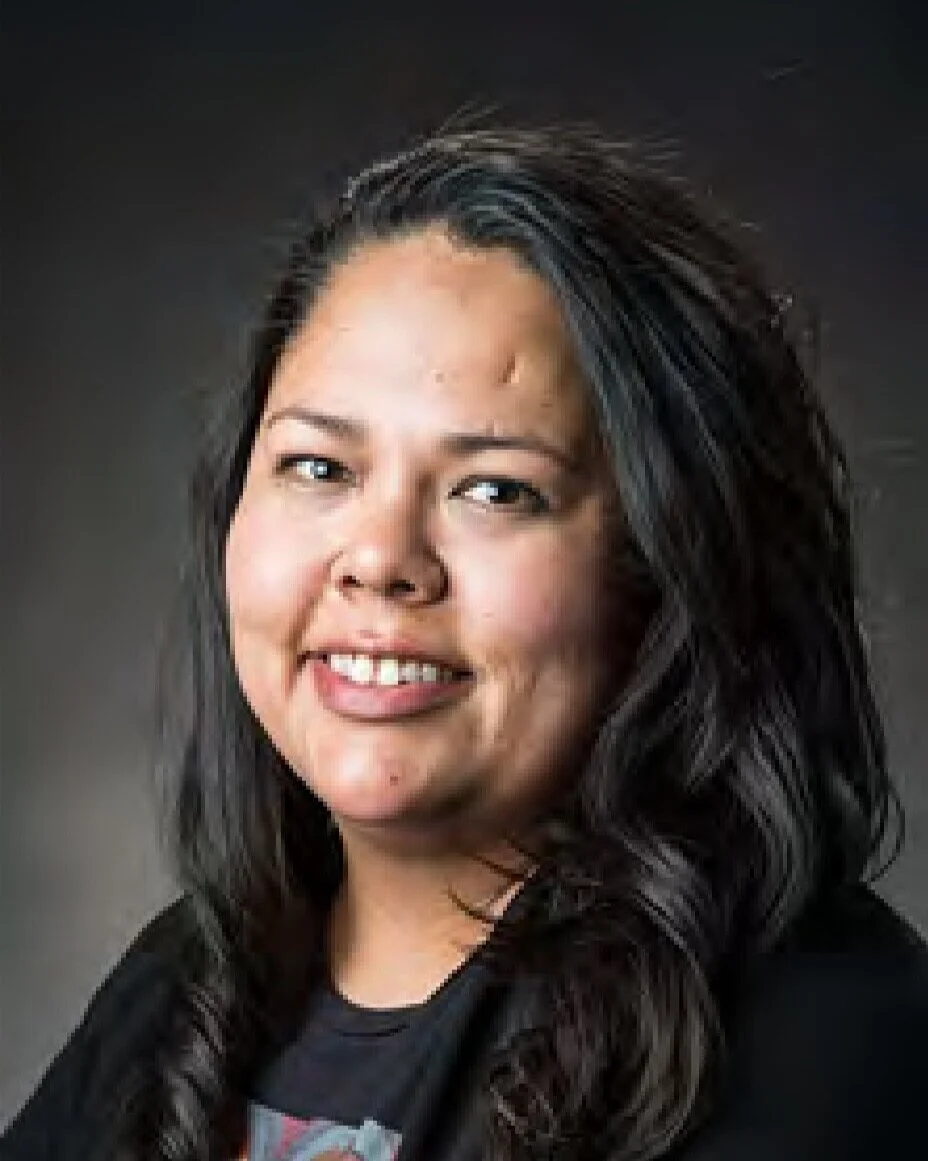
Danielle Boissoneau
Danielle Boissoneau is Anishnaabekwe from the shorelines of the Great Lakes. Born and raised in Garden River, Ontario, Danielle has developed a keen relationship with the land and the water through immersive experiences, like pulling and carrying well water and berry picking on hot, sunny days. Since then, she has transformed into a mother, seedkeeper, writer and responsibility keeper. Danielle maintains a relationship with the land and water through kinship and defense. She is a multi disciplinary artist, a language learner, and a Water Walker. Danielle is from the Old Turtle Clan.
-
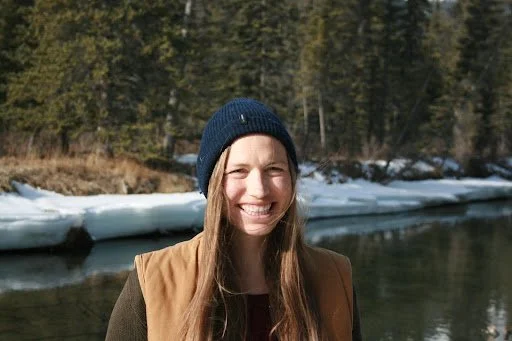
Lauren Kepkiewicz
Lauren is a community-based researcher and Banting Postdoctoral Fellow at the University of Manitoba. Her research examines food sovereignty in mountain communities as well as settler colonialism in food movements. Lauren also does community organizing with the Bow Valley Food Alliance - work that is rooted in food justice and anti-oppression. She enjoys attempting her Grandmother's polish pierogi recipe and lives in Chânh Pay Oda with her kids, partner, mom, and two dogs.
-
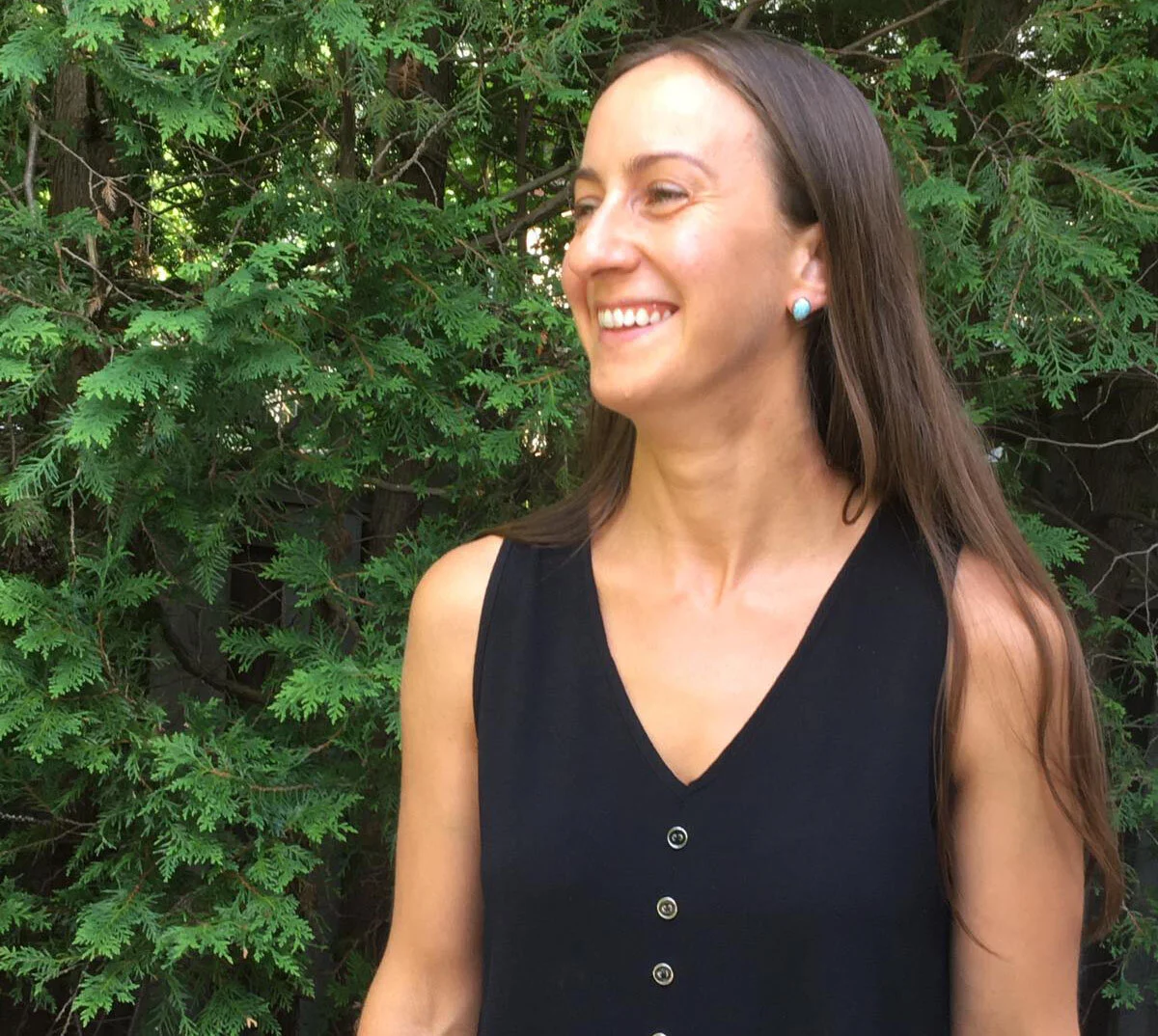
Terran Giacomini
Terran Giacomini is a PhD candidate at the University of Toronto. Her community engaged scholarship explores the gendered and ethnicized class relations that support life-affirming resistance and alternatives to the system of accumulation. She is a European settler learning how to live as a treaty relative of the Dish with One Spoon. Through scholarship and community building Terran is seeking to build and defend relationships of solidarity and kinship with all people and the earth.
-
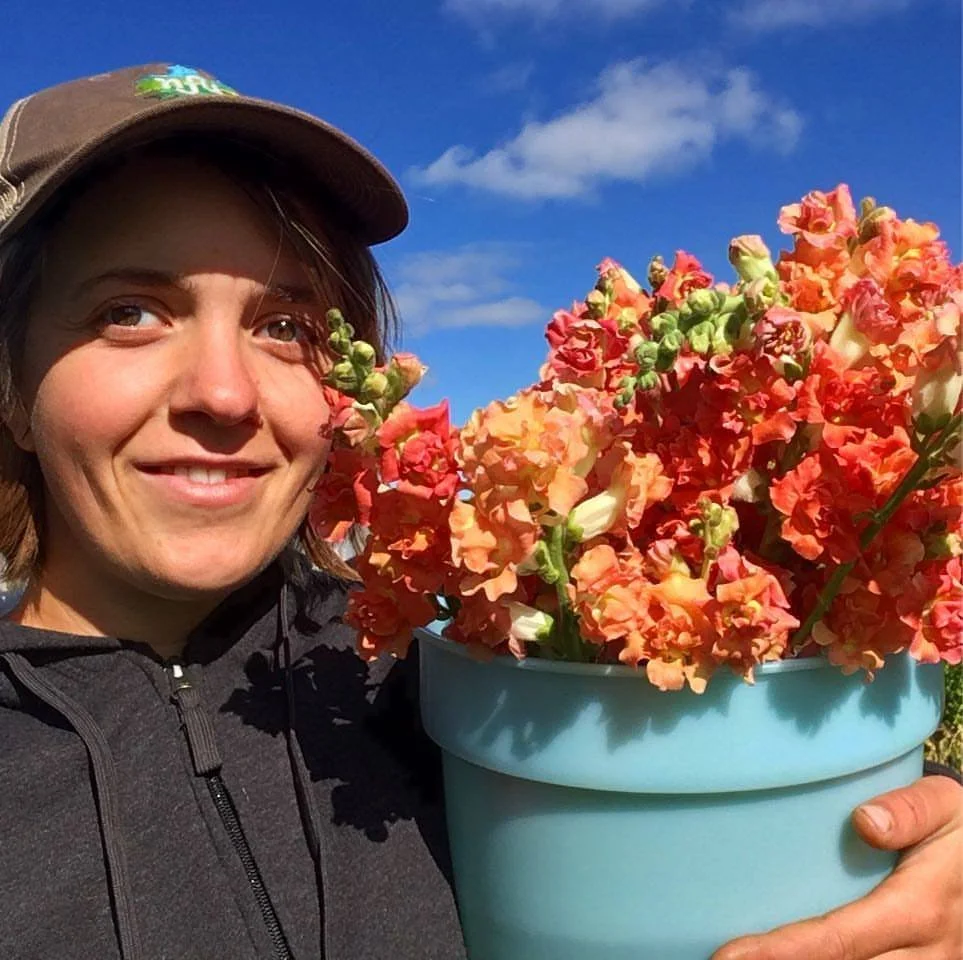
Ayla Fenton
Ayla is a first-generation farmer and community organizer. She is currently developing urban agriculture projects for Loving Spoonful, a community food justice organization in Katarokwi/Kingston. Since 2013, Ayla has worked on small-scale diversified farms throughout Anishnaabe and Haudenosaunee territories (eastern Ontario), learning how to live in right relations with the land through regenerative and community-oriented food production. Since 2015, Ayla has been a board member of the National Farmers Union, and represents the NFU in the global peasant movement La Via Campesina.
-
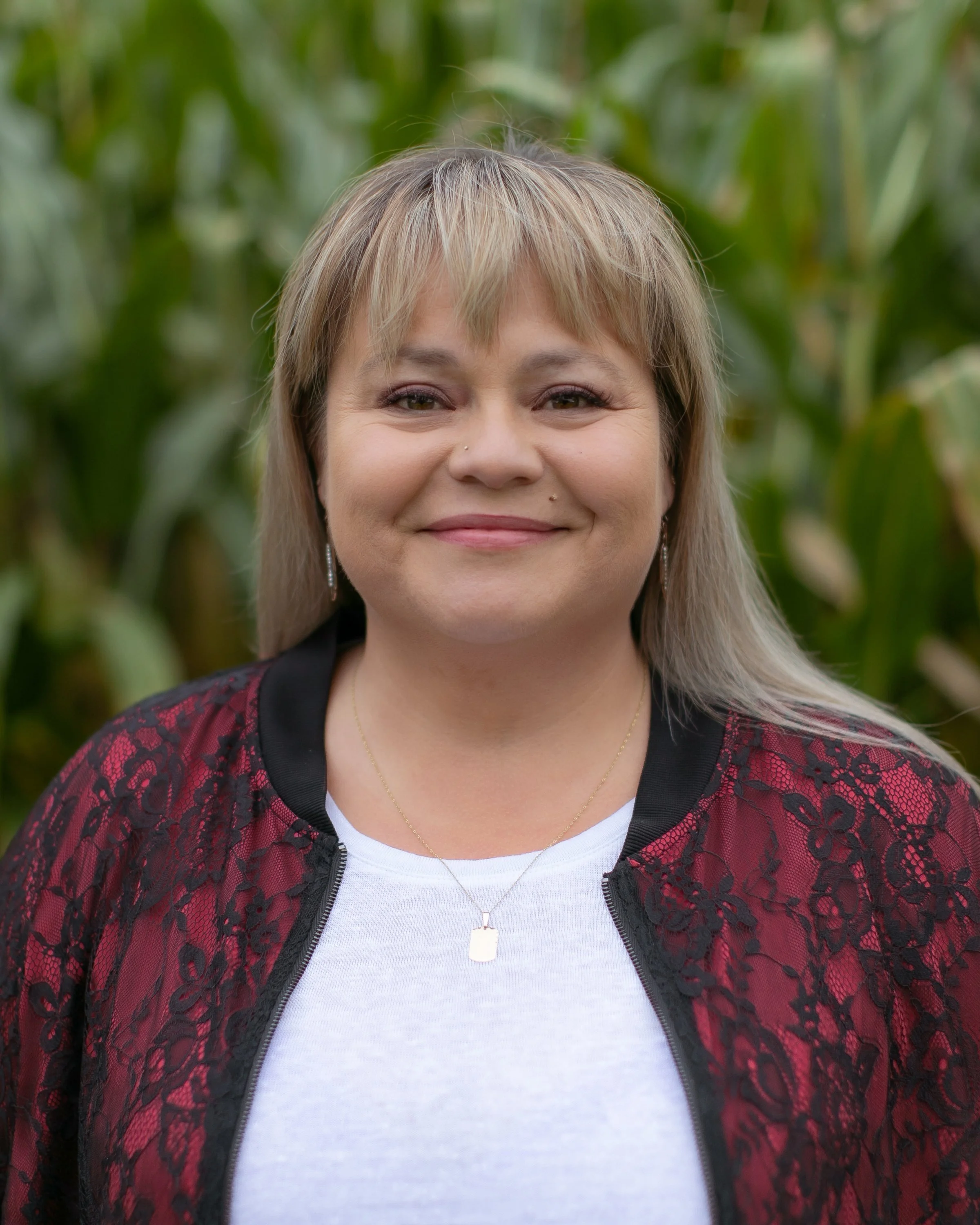
Adrianne Lickers Xavier
Dr. Adrianne Lickers Xavier lives and works in her community of Six Nations of the Grand River. She completed her undergraduate degree in Anthropology at McMaster and earned both her MA and doctorate from the Royal Roads University. She is now an Assistant Professor in the Indigenous Studies and Anthropology Departments. Dr. Xavier’s doctoral work focused on Indigenous food systems. She teaches in the areas of Contemporary Indigenous Issues, Indigenous Food Security and Food Systems, Indigenous Food Sovereignty, Indigenous Ways of Knowing and Methodologies.
-

Sarah Rotz
Dr. Sarah Rotz is an Assistant Professor in the Faculty of Environmental and Urban Change at York University. She is a settler scholar of French, Austrian, and English ancestry. Her research focuses on land and food systems and aims to situate political economic processes – such as agri-food industrialization and financialization – within a lens of settler colonial patriarchy and racial capitalism. She also explores the consequences of these processes for sovereignty, justice and resistance movements. Her research is often interdisciplinary and collaborative in nature, and she also very interested in the ethics, politics and process of research.
-

Jess Ross
Aside from running a bakery, Jess Ross is a local grain activist, 5th generation east coast settler, dj & community arts practitioner, and York Environment Studies grad student interested in food systems, decolonization and counter-archives of Maritime histories and recipes. One of Jess’ research focuses are virtual food pedagogies: exploring how the relationship between food skill sharing, online learning and land histories can serve as a recipe for critical discussion. Another focus of Jess’ studies is on how to practice anti-colonial and decolonizing ways of being and doing research- which brought her to RAIR!